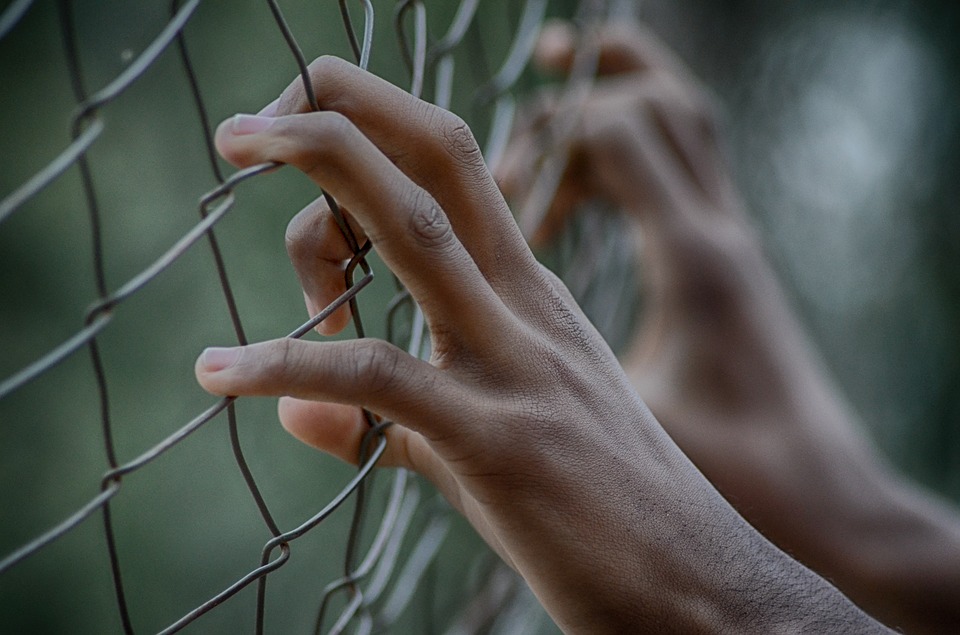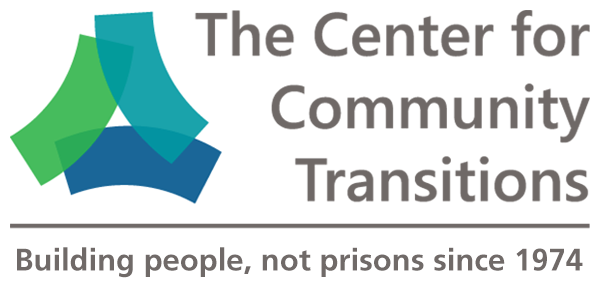NC Seeking to Raise the Age of Juvenile Jurisdiction

North Carolina is the only state that tries 16 and 17 year old children as adults for misdemeanors and nonviolent crimes. New York recently passed legislation to phase out charging minors as adults for nonviolent crimes, leaving our state to stand alone and not in a good way.
Current legislation in the NC General Assembly seeks to raise the age of juvenile jurisdiction, also known as the age of criminal responsibility, to 18, bringing North Carolina in sync with every other state in the country. Although raising the age has faced some opposition from lawmakers who wish to appear tough on crime, research shows that charging children within the adult system has been ineffective. The juvenile system focuses more on rehabilitation and has a more beneficial effect on preventing future crime. In recent years, the tide of public opinion has turned against trying children as adults, and the fact that NC now stands alone in doing so, is a testament to that change. The Center for Community Transitions is in favor of the North Carolina State House?s bill to raise the age because the current system is ineffective, harms our state?s children, and hurts our economy.
Charging minors as adults for nonviolent crimes needs to stop. Nearly 28,000 16 and 17-year-olds are arrested and face the prosecution as adults in criminal court each?year. However, 72% of these crimes are misdemeanors, or less serious crimes. Children who face prison time in adult facilities are more likely to face violence and come out with a greater risk of committing another offense and returning to jail. Further, these individuals face barriers to employment, housing, and other basic needs. This in turn puts added strain on our economy and social services. Additionally, the trying, convicting, and sentencing of youth as adults disproportionately effects?minorities and the working class. This is a problem. We as a society need to ask ourselves why we continue to use a system that is ineffective.
Subjecting children to the adult justice system is harmful. Children housed in adult prisons are more likely to be rearrested when they are released when compared to the inmate population at large. They also face higher risks of sexual assault and suicide. Why are we continuing to expose children with non violent offenses to this environment before they have even crossed the stage and received their high school diploma? Tough on crime policies are those that focus on zero tolerance to provide law and order. They emphasize the need to punish offenders rather than ensure they do not commit another crime. Some politicians and law enforcement leaders especially have held this view as to not appear weak or soft on crime. However, in Kamala Harris’ book ?Smart on Crime? she explains that old tactics in crime prevention just aren?t working. Rehabilitative methods, however, are effective in terms of ensuring the person does not re-offend. Rehabilitation?is especially effective with teenagers whose brains are not finished developing. In fact, our minds do not finish developing until our mid to late twenties. With teenagers being a work in progress mentally and emotionally, rehabilitative methods such as counseling and community service are?more effective.
Limited economic prospects for youth hurts our entire state?s economy. It is a simple equation. If taxpayers are paying to hold people in prison who could be working, the state is losing money. To look exactly at how raising the age will save the state money, we will take a look at past examples. According to William Lassiter, North Carolina?s head of juvenile justice, past reforms to the juvenile-justice system have led to short-term cost increases but long-term savings have ultimately resulted. In the late 1990s, the system of youth justice was reformed placing a greater emphasis on mental health. Lassiter said the reforms were largely responsible for decreasing juvenile crimes; significantly and while the programs were more expensive in the short term, they provided long term savings. Lassiter reports that, “In 2008 our budget was $178 million. Last year it was $132 million. So already we have saved the taxpayers a significant amount of money.” If somehow, the good for our children can?t motivate us to reform the system, maybe it will motivate us when the pockets of taxpayers feel the effects of a broken system.
Another disturbing aspect of trying juveniles as adults, is?is has been repeatedly shown that minorities and low income whites are more likely to be tried as adults, convicted, and sentenced than higher income whites. Minority youth, particularly African Americans, typically face harsher sentencing for the same crime. According to Human Rights Watch, ?more than 2,500 people in the United States have been convicted of a crime committed before they were 18 years old and sentenced to life without parole. Nationwide, African Americans make up only 11.1 percent of the population yet are 60 percent of the prisoner population serving life without the opportunity for parole for nonviolent offenses. This is especially a problem as incarcerating minorities at a high rate for non violent offenses promotes a generational cycle of poverty. We have to fight this and support a level playing field for all our state?s children.
Currently the bill to raise the age has passed in the state house and is heading to the senate. If it passes there, the law will go into effect in 2020. If every other state has figured it out, we can and will here in North Carolina. But don?t just wait for the vote. Call your state senators and tell them you support House Bill 280. We need to raise the age so all of our children are safe and are free to pursue opportunities for success.

